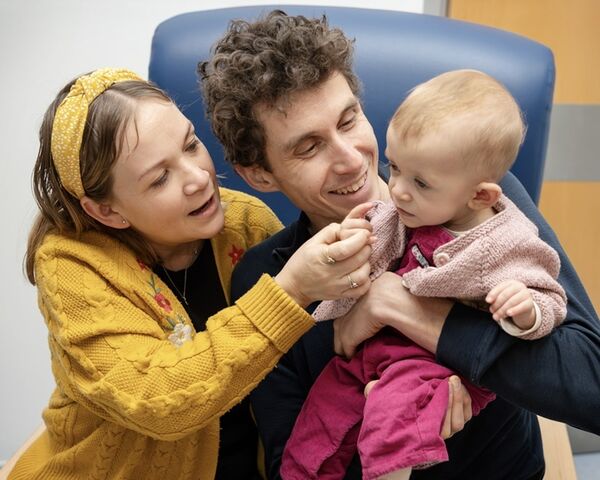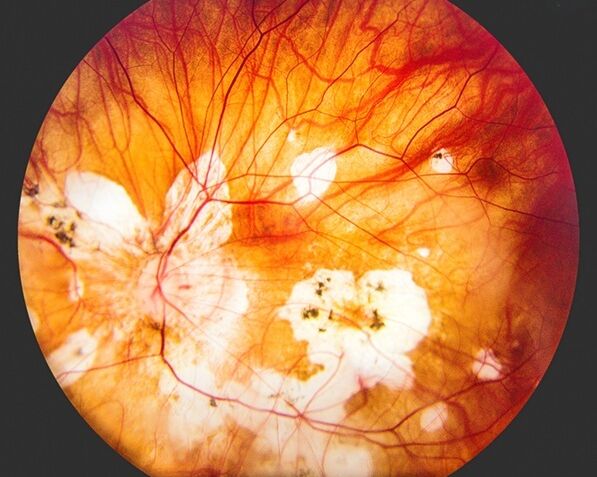Socialising the Genome
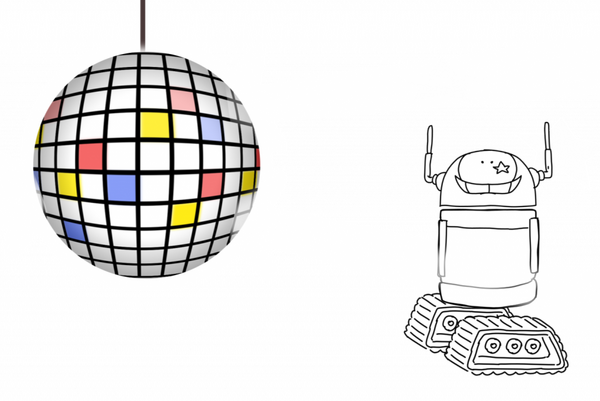
‘How easy is it to strike up a conversation about DNA and genomics? Geno-what?’
This is a challenge faced by scientists and the general public ever since the first human genome was mapped fifteen years ago. A new project, Socialising the Genome, is now underway to find out how to make genomics a more social concept.
The last Wellcome Trust Monitor survey said only 12% of the population would say they had a good understanding of what a genome is.
With the UK leading the world’s largest genome sequencing project, the ‘100,000 Genomes Project,’ aimed at transforming how we are treated in the NHS, the science around genomics needs a conversation boost.
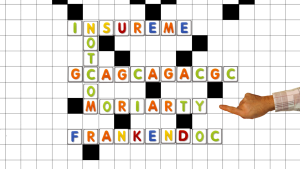
So, what sort of narratives, metaphors, mantras and memes – can we use to socialise an otherwise dense topic that even the specialists find difficult to navigate? Dr Anna Middleton, Genetic Counsellor and Social Scientist at the Wellcome Trust Sanger Institute says, ‘These are questions that I’ve been thinking about my whole career.’
‘Genetic information is not only important to individuals but also potentially to those nearest and dearest too – it really is a social concept’.
‘Socialising the Genome’ is an engagement project funded by Genomics England, the Wellcome Trust and the Wellcome Trust Sanger Institute. It is led by Dr Anna Middleton working with Julian Borra, Global Creative Strategist, and Founder of Thin Air Factory and ex Saatchi and Saatchi Group Creative Director.
Julian explains, ‘A chasm exists between the world of academia and the sciences and that of the everyday person in the street. There needs to be a process of acclimatisation when travelling between one and the other.’

Vivienne Parry, Head of Engagement at Genomics England says, ‘If genomic medicine is set to become part of mainstream healthcare in the NHS then we know that every one of us will experience more of it in the treatment of ourselves or our families’
Anna Middleton says, ‘We don’t yet know how to make genomics an everyday conversation for people currently unconnected to it. We don’t know what messages about genomics are meaningful to the public.’
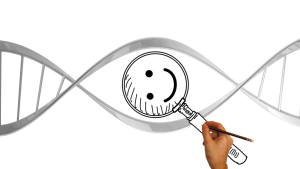
Socialising the Genome’ has done a series of focus groups with members of the public to explore what people already understand about DNA and genomics – even if they think they know nothing – and how they are currently talking about it. Insights from these have been given a creative makeover using skills employed in the advertising industry and turned into six animations.
The animations can be seen at www.genetube.org and the research team now need to know what the public think about them. Are the ideas in the animations likable? Do they resonate? But most importantly are they sharable and could they be used as a starter for a conversation?
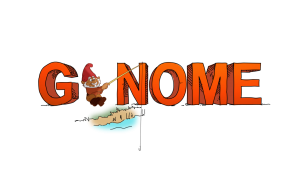
Dr Audrey Duncanson, from the Wellcome Trust, added: “There have been some remarkable advances in genome research in recent years, many of which are poised to transform patient care, through improved diagnosis and better treatments. In such a rapidly progressing field, it’s vital that we maintain and open dialogue between scientists and the public, so that as many people as possible can benefit from the advances in genomic medicine.”
Julian Rayner, Director of Scientific Courses, Conferences and Public Engagement at the Wellcome Genome Campus said, “Genomics is going to be an increasing part of both science and everyday life in the coming years. On the Wellcome Genome Campus we are committed to helping people understand the science and implications of genomics, and listening to their hopes and worries. Anna’s exciting work will help us start those essential and fascinating conversations.”
